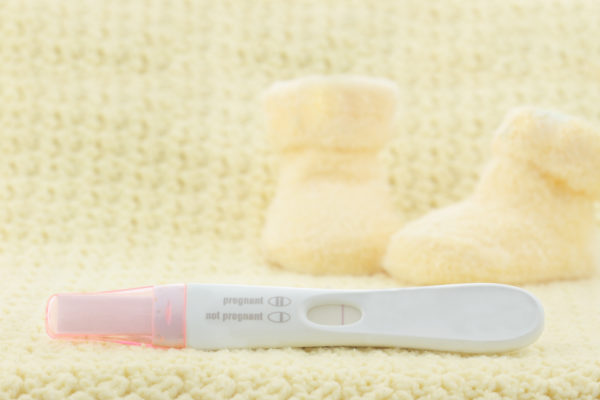Obesity and Fertility
The dangers of obesity are well known: higher risk for type 2 diabetes, stroke, cancer, heart disease, high blood pressure, gout, sleep apnea, and many other health problems. Obesity can also have negative consequences for those wanting to have children.
Hormonal Changes
Excess weight often leads to hormonal changes that impact a woman’s ability to conceive, particularly if her BMI (body mass index) is 30 or higher. These hormonal changes can disrupt ovulation. And even if they don’t, they can still make it difficult to become pregnant.
It should be noted that obesity doesn’t affect only women when it comes to fertility. Men also experience hormonal changes—principally a decrease in testosterone—if they are significantly overweight. Obese men also tend to have a higher incidence of erectile dysfunction.
Insulin Resistance and Anovulation
One impact of obesity is insulin resistance. In addition to making diabetes more likely to occur in those who are overweight, insulin resistance can also lead to decreased fertility and cause anovulation—a condition in which a woman does not release eggs or menstruate normally. Even in obese women who ovulate normally, infertility is a frequent issue. Both normal and assisted pregnancies can be affected.
Making the Change
In men and women who have hormonal changes related to obesity, achieving a normal body weight is usually enough to restore hormone levels to normal. Once normal hormone levels are achieved, the bodily processes related to fertility usually resume unimpeded.
Diet and exercise are the first tactics to try, but in some cases this may not be enough. If you are significantly overweight and have not had success with medically supervised weight loss, bariatric surgery may be an option for you. Contact us at Malladi Bariatrics and Advanced Surgery for a consultation to see if can help you.







